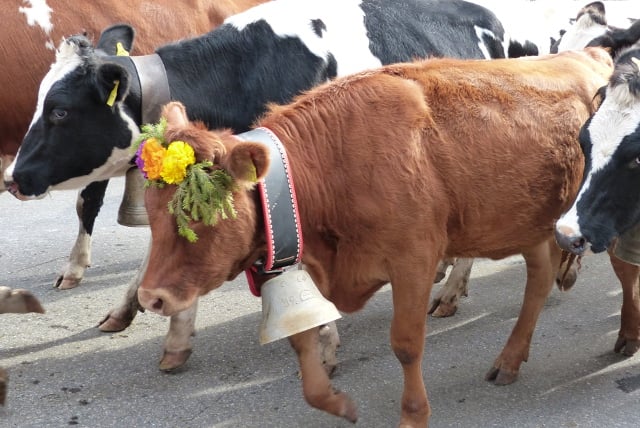
Under Swiss law citizenship applicants are usually required to speak a national language, respect Swiss law and order and be well integrated in the community, a requirement that appears to be a matter of opinion in some cases.
A Dutch woman has seen her request for Swiss citizenship refused for the second time by local residents who object to her media campaigning against cowbells and other Swiss traditions.


Under Swiss law citizenship applicants are usually required to speak a national language, respect Swiss law and order and be well integrated in the community, a requirement that appears to be a matter of opinion in some cases.
Member comments